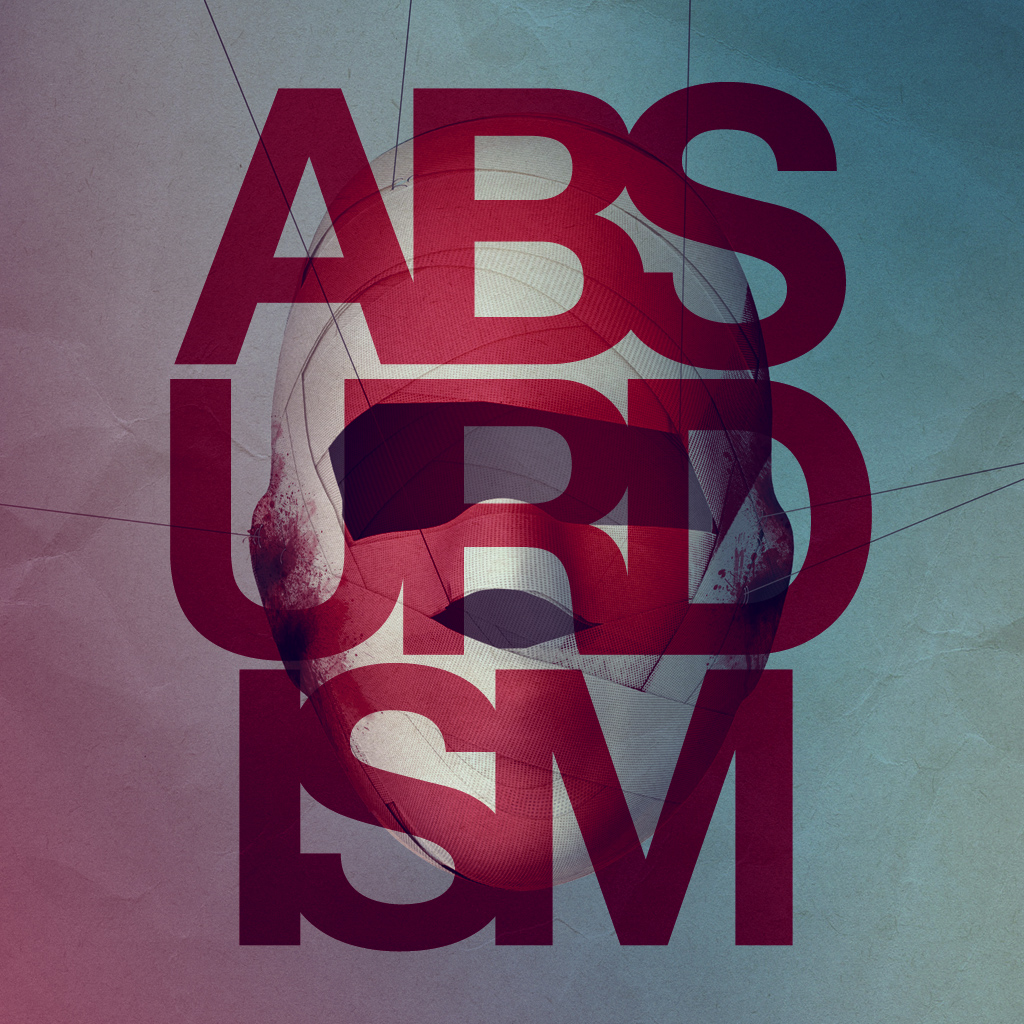
Don’t Be Absurd! Why I’m Not a Huge Fan of Absurdism
 Existentialism in all its forms (existential, scientific, religious or atheistic) affirms the individuality of an individual as the end and beginning of everything. Absurdism, as a movement, rejected traditional and secularist progressivist accounts of the fate of man. It expressed the condition of individual as it is, not as it should be. Man, according to absurdists, is in eternal exile, damned to suffer forever without ever knowing why and true heroism is to suffer without asking for why one should suffer. He can not know because there is nothing to know. What can be known is the limited knowledge that one gets through the senses and reflects in the time and space bound mind.
Existentialism in all its forms (existential, scientific, religious or atheistic) affirms the individuality of an individual as the end and beginning of everything. Absurdism, as a movement, rejected traditional and secularist progressivist accounts of the fate of man. It expressed the condition of individual as it is, not as it should be. Man, according to absurdists, is in eternal exile, damned to suffer forever without ever knowing why and true heroism is to suffer without asking for why one should suffer. He can not know because there is nothing to know. What can be known is the limited knowledge that one gets through the senses and reflects in the time and space bound mind.
…
Accordingly absurdism, as the cry of individuality, rejected all spiritual authority in the true sense of the word, authority originating in the supra-human order, as well as any traditional organization based essentially upon such authority.
…
Individualism, rationalism, humanism and empiricism are all in the background of absurdist outlook.
…
Absurdism is the consequence of excessive faith in reason which betrays its pretensions. In the East there is not this credulity towards claims and pretensions of reason and thus absurdism didn’t develop as a consequence. Faith in reason, human self and its autonomy and separation are prerequisites for belief in the absurd.
…
Man can live with absurdity only if he convinces himself that it is heroic to affirm himself or life, if he takes life to be the Absolute and worships it as God.
The above passages come from two papers written by scholar Dr. Muhammad Maroof Shah, “Absurdism, Nihilism and Perennialism,” and “Absurdism: A Rejoinder from Mysticism.” I’ve really been enjoying reading Maroof Shah’s work, especially this stuff he writes on mysticism and absurdism.
I admit that dipping a toe into absurdism once and a while can be cathartic. Absurdists make great comedians I think, because hey, such shitty stuff happens in life sometimes that all we can do is point it out and laugh about it (while we of course cry on the inside). Reason has limitations. God is dead. Humans are cursed with consciousness. The Universe is meaningless. (Yikes!)
That being said, I’m not a huge fan of nihilism or absurdism as a worldview/metaphysics (I realize I’m conflating the two concepts here, aaaand maybe I shouldn’t). I say metaphysics here because I agree with with Maroof Shah above and also Leftist critics like Herbert Marcuse that absurdism could properly be understood not only as very Western and individualistic, but as a type of bourgeois idealism that projects “specific historical conditions of human existence into ontological and metaphysical characteristics.”
Yup, leave it to well-to-do European and American white dudes, living in a modern, oppressive society, to project feelings of anxiety and meaninglessness onto the nature of existence itself. HA!
This also brings to mind eco/process-relational/natural criticisms of absurdism/nihilism/existentialsim et al. Namely, that although they can be important, necessary ways of thinking, these philosophies are only dealing with one small aspect of reality, that of human subjective experience or consciousness. This, I think is a leftover of modernity’s partitioning of experience, which is why I like Whitehead’s thoughts here. He was one of the earliest post-modern thinkers and thought the human mind was not a rare exception to nature, but just another example OF nature. For Whitehead consciousness is just a highly developed form of experience, and this experience goes all the way down; It doesn’t just arise from lifeless matter at some point in time, and it’s not supernatural. Whitehead insisted that the reason we have experience(s) could be because we are indeed part of nature and that experience is also a part of nature. Maroof Shah seems to hit on this theme of holistic “connectedness” above when he points out how philosophies like absurdism never formed in the East.
…
Image above found here.
I appreciate this so much! You've got it. I agree that absurdism has its comedic value (maybe that's why I love Catch-22 so much). But you really nailed the ideas of process in a very short space and in language easily accessible.
Thank you, Patricia. Means a lot coming from you. I admire your writing very much :)